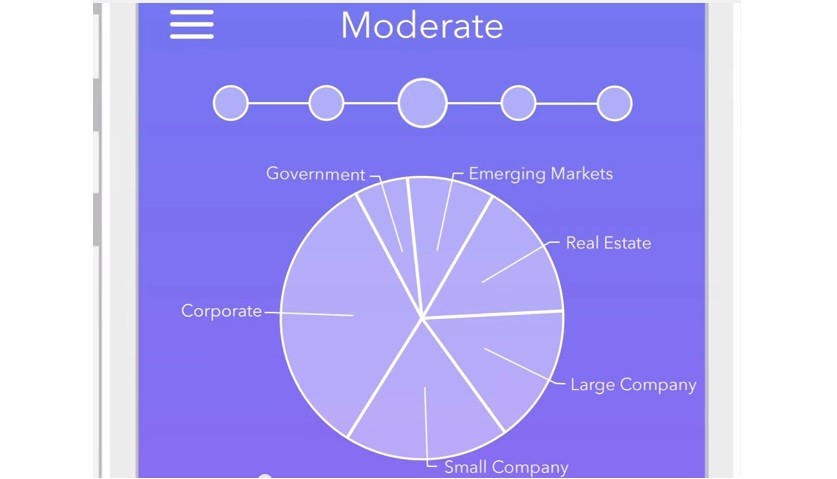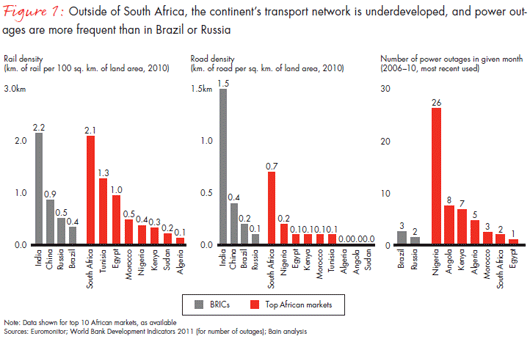Can companies win by investing in emerging markets
Post on: 16 Март, 2015 No Comment

Story highlights
- Skeptics say Western companies don’t have much to gain in emerging markets Nathan Eagle says dollars invested in these markets are a smart move He says the global middle class is expanding rapidly, consuming much more Eagle: More products will be aimed at emerging markets first
Over the past year, there has been quite a bit of commentary about the lack of value in emerging markets. Criticisms that apply across industries — from P&G to Facebook — argue that companies that are banking their growth on their next billion consumers are entering a not-so-lucrative space.
Before the Twitter IPO last month, many argued that there was little value in 77% of the company’s users living outside the United States.
When people think of the opportunity in emerging markets, they often associate it with inexpensive, commoditized, low-margin products such as single-use shampoo packets or cheap brick phones.
To put it simply, this view argues emerging markets are not synonymous with high margins or profitability. In these markets, battles for market share that require hefty investment often only result in incremental product improvements that drive small gains in market share.
Given the challenges of localization, infrastructure and foreign regulation, then why is increasing investment in these markets the best decision a company can make?
Nathan Eagle

Sheela Subramanian
The emerging middle class consists of 2.4 billion people who spend more than $12 trillion annually.
The aggregate wealth of India has tripled since 2000 and Indonesia has witnessed its average wealth more than quadruple over the past 12 years. However, the growth is still in the early stages. By 2020, India and China will become home to more than a billion middle class consumers.
More people with more income translate to higher consumption levels. Given these growth metrics, the world’s largest companies, ranging from Apple to Yum! Brands, are placing huge bets in emerging markets.
What Facebook is doing
In the digital space, Facebook is making substantial efforts to acquire non-U.S. customers by subsidizing the cost of using Facebook on mobile phones and driving internet.org, an initiative committed to connecting two thirds of the world’s population.
When Mark Zuckerberg announced the launch of internet.org. he stated: The unfair economic reality is that those already on Facebook have way more money than the rest of the world combined, so it may not actually be profitable for us to serve the next few billion people for a very long time, if ever.














